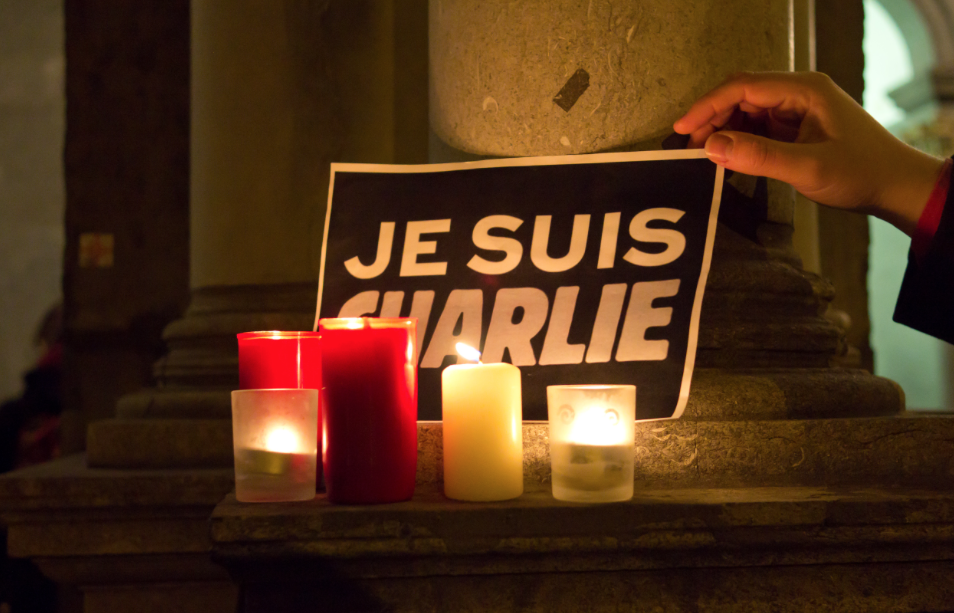
A recent survey of attitudes on the First Amendment found that while a majority of Americans support the right of cartoonists to publish cartoons depicting the controversial image of the prophet Muhammad, those who identify as Democrats are less likely to support “allowing” cartoonists to publish the image.
The Newseum Institute’s First Amendment Center’s 2015 “State of the First Amendment” survey asked individuals various questions on issues related to the First Amendment, including freedom of speech, freedom of the press, and freedom of religion.
One of the questions posed in the survey asked respondents whether they agree with the statement, “Cartoonists should be allowed to publish images of the prophet Muhammad even if those images are offensive to some religions.”
60 percent of individuals responded that they agree with the “right to depict” Muhammad in cartoons, even if it’s “offensive to some religions.”
Most demographic groups supported the right of cartoonists to draw Muhammad, yet at varying levels of support.
Individuals under 30 were found to be more likely to support the right of cartoonists depicting Muhammad than those over 30 (77 percent compared to 57 percent). Non-religious Americans (71 percent) were more likely than Protestants (62 percent) or Catholics (56 percent) to support the right of cartoonists to publish Muhammad cartoons.
Political affiliation, however, was the only area in which there was a deviation from the overwhelming support for cartoonists being "allowed" to publish depictions of Muhammad.
While 66 percent of Republicans and 66 percent of Independents supported the right of cartoonists to publish images of Muhammad, less than half of Democrats - 48 percent - responded that they agree with the idea that cartoonists should be allowed to publish Muhammad cartoons.
The Newseum Institute’s survey results come just days after the New York Times was criticized for its decision to censor “offensive” images of Muhammad, despite running cartoons depicting the Pope that could be interpreted as being offensive to Catholics.
